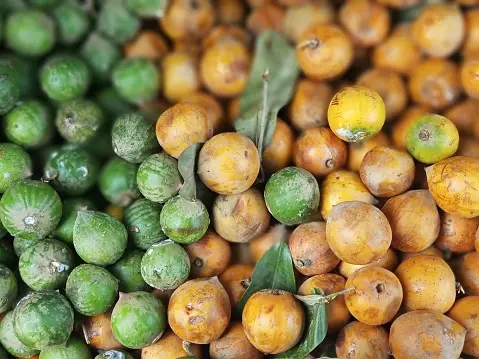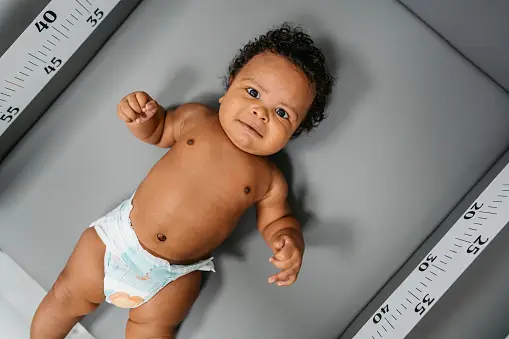Teething in babies poses unexpected challenges for many moms due to the painful symptoms it brings for babies. While discomfort is linked to teething, the emergence of diarrhoea alongside these symptoms might raise questions. Is diarrhoea a sign of teething, or is this notion more of a myth than a fact?
Symptoms of teething in babies
Teething is when your baby's teeth begin to show through their gum line. It usually begins between 4 and 7 months and comes with several symptoms. These symptoms may not be the same for every baby, but they may include the following:
- Coughing
- The presence of a slight fever
- Crying and mild fussiness
- Swollen gums
- Changes in eating patterns
- Drooling
- Irritability
- Chewing on swollen gums
Is teething diarrhoea real?
Teething has been researched to not be associated with diarrhoea. This means that teething diarrhoea is most likely not real. However, there are explanations for the coincidence of diarrhoea occurring during your baby’s teething moments.
This is possible because during your baby's teething period, which is around 6 months, their immunity is already being transformed, and they're losing certain antibodies that they got from their mother during birth. In this situation, they may contract infections, leading to diarrhoea. Diarrhoea as a sign of baby teething is a myth and not a fact.
Causes of diarrhoea in babies
What then could cause diarrhoea in babies if not teething? Here are some causes known to be associated with diarrhoea in babies:
- Sensitivity to certain foods: Certain formulas or baby foods might not agree with your baby's sensitive system, leading to incomplete digestion and potentially causing diarrhoea and gas. It's essential to be mindful of what your baby consumes as it can impact their digestive comfort.
- Changes in diet: Changes in your baby's diet, whether transitioning from breastmilk to solids or alterations in your diet impacting breast milk, can influence their digestive system and potentially cause diarrhoea. Their body might take some time to adjust to the new dietary changes.
- Medications: When using antibiotics for your child, it's essential to note that diarrhoea could be a potential side effect of these medications.
- Viruses and bacterial infections: These can also trigger diarrhoea in babies. These germs can be picked up from sources like unclean surfaces or contaminated food, leading to infections affecting your baby's bowel movements.
Treatment of diarrhoea
You can't put a stop to your baby's diarrhoea most of the time, but there are steps to take to ensure your baby feels a bit better. Some of these steps include:
- Always change your baby's diaper: Ensure you immediately change your baby's dirty diaper whenever you notice a mess.
- Electrolyte balance: You can ask your doctor if giving your baby ORS (oral rehydration salts) is okay to help balance the electrolyte imbalance the diarrhoea could cause.
- Hydration: Keep your baby hydrated by giving them fluids or more breast milk to replace the loss of fluids from their body.
If you notice your baby's diarrhoea is persistent or comes with other symptoms which could be indicative of other disease conditions, please speak to your medical practitioner and check up on your little one.
How to manage teething pain in babies
You can try non-medical approaches to help soothe your baby's teething discomfort. If your little one finds relief by chewing on toys, consider offering them soft fruits like watermelon or banana if they've started taking solids.
Teething rings are another helpful option. Chilling them in the fridge before giving them to your baby can provide extra relief by soothing sore gums and distracting from the discomfort.
Massaging your baby's swollen gums with a clean finger can alleviate teething discomfort. These methods offer a variety of ways to ease your little one's teething woes.
Teething is a natural phase. Though challenging, it's part of growth. Ease discomfort with remedies like chilled teething rings and gentle gum massages. Remember, your care ensures their comfort and sets the foundation for good dental health.
Frequently Asked Questions (FAQs)
- Is yellow poop in babies normal?
Yes, yellow poop is normal in breastfed babies.
- Why does my formula-fed baby poop frequently?
Formula milk can sometimes be more complex to digest than breast milk, leading to more frequent bowel movements.
- Can I give my baby teething powder?
Avoid teething powders, as they are harmful to your baby.










Comments